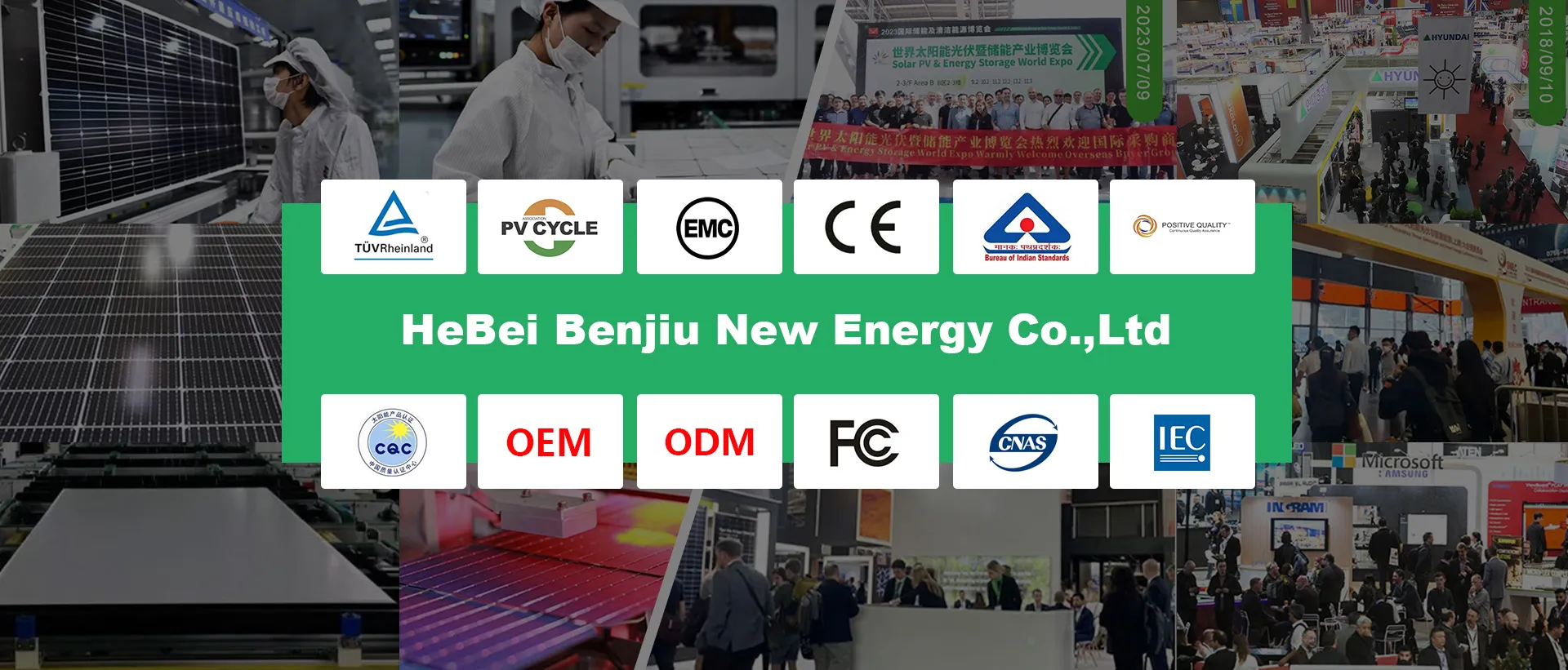Exploring the Performance and Efficiency of Solar Panels During Winter Months and Cold Weather Conditions
The Efficiency of Solar Panels in Winter
Solar panels are increasingly recognized as a viable and sustainable energy solution around the world. However, their performance can vary significantly depending on the season, particularly in winter months. A common misconception is that solar panels are ineffective in cold weather. In fact, understanding the efficiency of solar panels in winter can reveal surprising truths about their operation and potential.
First and foremost, the efficiency of solar panels is influenced not just by temperature but also by sunlight exposure. While winter days are shorter and often cloudier, solar panels can still generate substantial power. In fact, cold temperatures can actually enhance the efficiency of photovoltaic cells. Solar panels convert sunlight into electricity through a process that generates heat. When temperatures soar, this heat can decrease efficiency. Cold weather helps maintain an optimal temperature, allowing the panels to operate closer to their maximum efficiency.
The Efficiency of Solar Panels in Winter
However, there are practical considerations that might impact solar panel performance in winter. Accumulation of snow on panels can obstruct sunlight and reduce energy generation. Fortunately, many solar panels are designed with a smooth surface that allows snow to slide off easily. Additionally, the angle at which solar panels are installed can influence snow accumulation. Panels set at an angle can shed snow more effectively than those that are flat.
efficiency of solar panels in winter

In regions where winter is harsh, it becomes essential for solar panel users to be proactive in maintaining their systems. Regular cleaning and inspection can ensure optimal performance, even in cold weather. Some solar installations also come with heating strips designed to melt snow and ice buildup, although this feature may increase electricity usage and counter some of the benefits of solar energy.
Another aspect to consider is the evolving technology in solar energy. Advances in solar panel design have led to the development of more efficient panels that can capture a broader spectrum of light. These panels can perform better in lower light conditions, which are more common in winter. For instance, thin-film solar cells and bifacial solar panels are emerging technologies that enhance performance in diverse weather conditions, making them more adept at cold-weather electricity generation.
The economic viability of solar energy also stands strong in winter months. Although homeowners may generate less electricity compared to summer, most solar power systems are designed to balance over the course of the year. The excess energy generated during the sunny months can offset the lower production in winter, allowing consumers to benefit from consistent energy savings throughout the entire year.
In conclusion, while solar panel efficiency can dip during winter, it is a common misconception that they are ineffective in cold weather. Cold temperatures can actually improve their performance, and snowy conditions can enhance energy capture. Understanding the dynamics of solar energy production in winter is crucial for maximizing the benefits of solar technology. With proper maintenance and consideration for installation, solar panels can continue to provide sustainable energy, even during the coldest months of the year. The future of solar energy remains bright, proving that every season has its own unique advantages.
-
Understanding the Advantages of Solar String Inverters for Your Energy SystemNewsApr.29,2025
-
Choosing the Right PV Inverter: A Comprehensive GuideNewsApr.29,2025
-
The Future of Solar Power: Exploring Bifacial Solar PanelsNewsApr.29,2025
-
The Complete Guide to Solar Panels: Efficiency, Cost, And InstallationNewsApr.29,2025
-
The Best Options for Efficiency and Cost-EffectivenessNewsApr.29,2025
-
Harnessing the Power of Off-Grid Solar Inverters for Energy IndependenceNewsApr.29,2025







